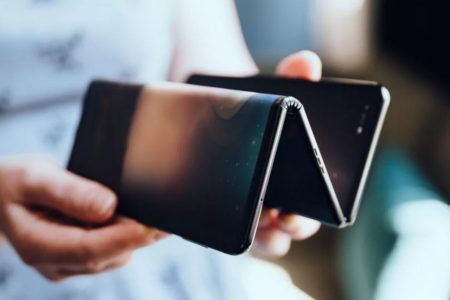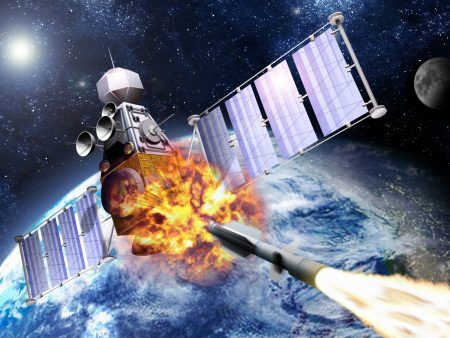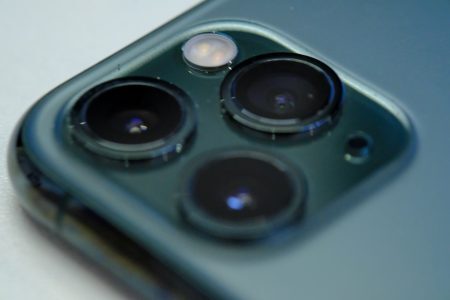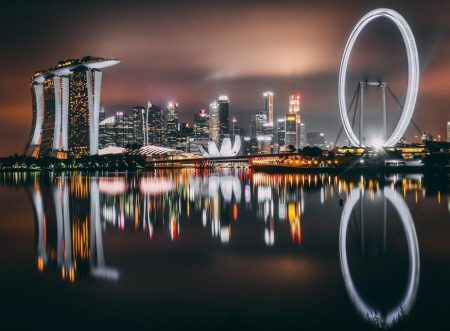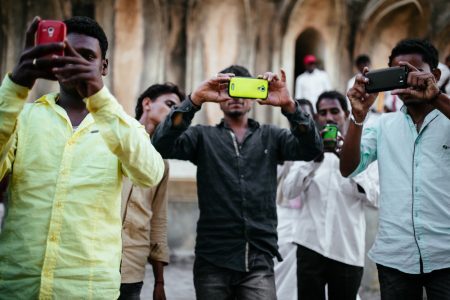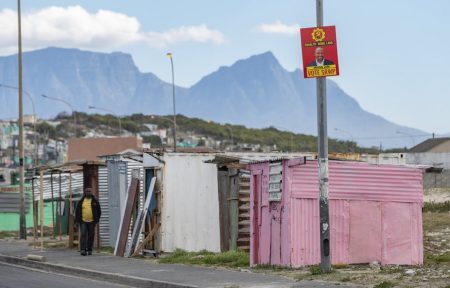If you’re a Gmail user, you might have recently noticed a ghost-like presence in your email account. It’s light grey, and it comes and goes, sometimes when you’re not expecting it. And, like most ghost sightings, glimpses of it have been reported to be a little creepy.
Search Results: oppo (1464)
The Large Interactive Virtual Environment Laboratory (LIVELab) at McMaster University is a research concert hall. It functions as both a high-tech laboratory and theatre, opening up tremendous opportunities for research and investigation.
This week in Light Start, we’re looking at a new Galaxy Fold, Gmail goes dark mode too, Tesla launches new solar roof tiles and a rumoured new drone.
Watch out Samsung (and Huawei. Because the Chinese hardware company, TCL has developed what is probs the coolest folding phone ever.
This week in Light Start – no more loot boxes for Activision, Windows 7 will run out of time, Samsung losing its grip on China, and the ultimae hacker.
At an upcoming summit in early December, NATO is expected to declare space as a “warfighting domain”, partly in response to new developments in technology. If it does declare space a war zone, NATO could start using space weapons that can destroy satellites or incoming enemy missiles. But what is this technology and how could it enable a war?
We’re glad Apple kept the naming convention simpler this year. We got our hands on the iPhone 11 Pro in midnight green, and here’s what we think.
Today, improving urban services through digital transformation is a huge industry, dominated by the likes of Cisco and IBM. But the idea of a “smart city” encompasses more than the clever application of technology in urban areas. That technology must also contribute to making cities more sustainable, and improving the quality of life for the people who live there.
At the close of June’s G20 summit in Japan, a number of developing countries refused to sign an international declaration on data flows – the so-called Osaka Track. Part of the reason why countries such as India, Indonesia and South Africa boycotted the declaration was because they had no opportunity to put their own interests about data into the document.
South Africa has not been immune to the hype. The government has shifted its focus and resources to the 4IR. And it’s prioritised over more mundane, but essential, policy interventions aimed at ensuring the more equitable inclusion of the populace into a modern, digital economy.




